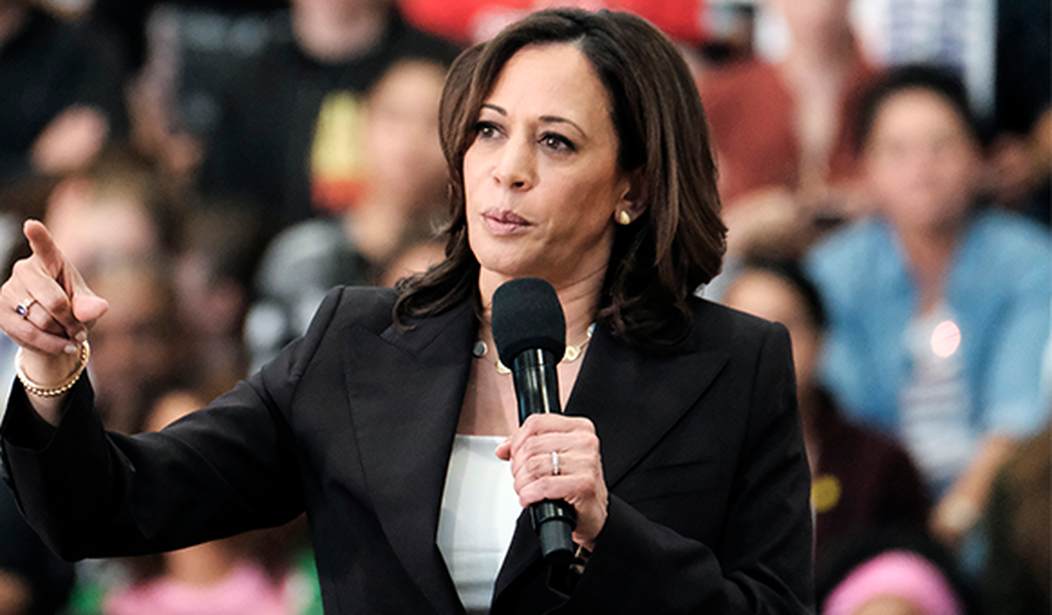The Democratic presidential primary debates are scheduled to begin next Wednesday and Thursday, with 10 candidates competing each night. Joe Biden enters the debates as the nominal front-runner, followed by Bernie Sanders, Elizabeth Warren, Kamala Harris and Pete Buttigieg. There's an excellent chance that things will look much different following the debates.
To understand just how much things can change, it's worth looking back at the Republican primary campaign four years ago at this time. An NBC/WSJ poll listed the GOP front-runners as Jeb Bush (22%), Scott Walker (17%), Marco Rubio (14%) and Ben Carson (11%). Walker dropped out of the race within three months, and the others were all gone before a majority of delegates were selected.
At the time, Donald Trump attracted support from just 1% of Republican primary voters. The poll also found that 66% of Republican voters said they could not support him. But dramatic changes occurred once the debate season began. Candidate Trump captured attention during those debates, dominated the media coverage and kept winning until he ended up in the White House.
While there are no Democrats in the race with a personality like Trump's, it's reasonable to assume that the race will get shaken up once the debates begin. That's especially true because the Democratic National Committee has taken steps to quickly reduce the number of candidates eligible for the debates.
The first two rounds will have room for 20 candidates. Tougher standards will probably cut that number in half by the third debate in September. As a result, many of today's Democratic candidates could swiftly go the way of Bush, Walker, Rubio and Carson. It's likely that some of today's top-tier candidates will meet that fate.
Recommended
ScottRasmussen.com will carefully monitor the changes. We will get the latest numbers in a poll ending at noon Eastern time on the day of the first debate. We will post those numbers before the debate and keep tracking the race all the way through the following weekend. That will give us a sense of whether there are any clear winners or losers in the first round of the debate competition.
Before the polling is completed, however, there are a couple of ways to get a sense of who's heading up or down. One is the social media support data for each candidate released by ScottRasmussen.com every morning. A second is to watch the PredictIt's Markets page.
PredictIt, a real money prediction market, is launching a tournament based upon ScottRasmussen.com's polling data. In real time, you'll be able to see whether market participants think Biden, Sanders, Warren, Harris or any of the others are heading up or down. Who will be the front-runner when the debating is finished? Who will be No. 2?
And then, when the polling comes out, we'll know who the best forecasters were. If you'd like to learn more, visit PredictIt.org. Or send the word "debate" to tournaments@predictit.org to register and receive more details.
As always, keep the changing prospects of the candidates in perspective. In 2012, Republicans seemed to have a new front-runner after every debate. And there's a long way to go until the first votes are cast in Iowa. But for Democrats, Election 2020 is about to begin.
Scott Rasmussen is the publisher of ScottRasmussen.com. He is the author of "The Sun Is Still Rising: Politics Has Failed But America Will Not."

























Join the conversation as a VIP Member